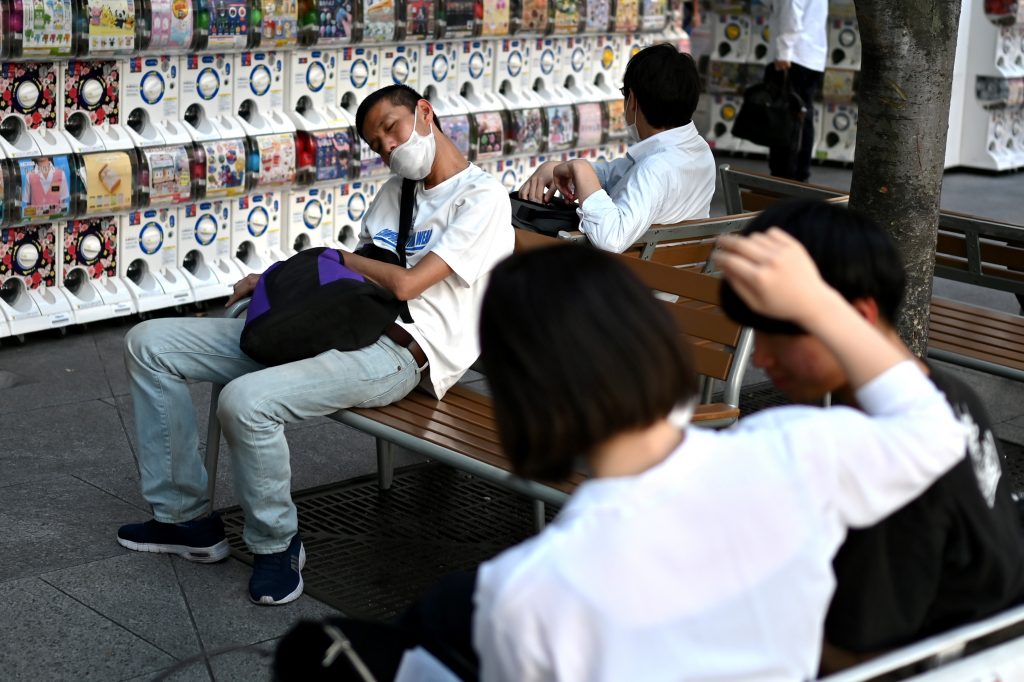
- ARAB NEWS
- 31 Jul 2025

TOKYO: Japan's already dire fiscal condition is worsening further, due to the government's plans for massive spending on measures to deal with the COVID-19 epidemic.
In fiscal 2020, which started in April, the government's general-account spending is slated to total 160.3 trillion yen after the enactment of its first and second supplementary budgets for spending of 25.7 trillion yen and 31.9 trillion yen, respectively, on top of the initial budget spending of 102.7 trillion yen.
Japan's deficit in the primary budget balance had been narrowing in recent years, but the deficit for fiscal 2020 swelled to 66.1 trillion yen after the two additional budgets were compiled, compared with 9.2 trillion yen from the initial budget only.
Japan maintains a goal of achieving a primary balance surplus in fiscal 2025. But a senior Finance Ministry official said, "Realistically speaking, it's almost impossible."
Amid the coronavirus crisis, the government faces little opposition to aggressive fiscal spending, although there are concerns that the government is complacent about fiscal consolidation.
"It's true that our fiscal situation is extremely severe," Finance Minister Taro Aso has admitted.
At the same time, Aso defended the government's spending plans, saying that the coronavirus crisis forced "even Germany," which is viewed as fiscally disciplined, to decide to boost fiscal spending.
But Japan seems to have less scope than other advanced economies to increase spending, given its ratio of outstanding debt to gross domestic product came to 237.4 pct in 2019, far higher than Germany's 59.8 pct and the United States' 109 pct.
The total value of outstanding Japanese government bonds is estimated to reach 964 trillion yen at the end of fiscal 2020.
Major rating agency S&P Global Ratings downgraded its rating outlook for JGBs on Tuesday.
There is a persistent view that trust in JGBs could fall in the future, although the Bank of Japan's purchases are currently preventing the JGB market from collapse.
"Outside Japan, there seems to be an unspoken consensus that tax hikes and spending cuts will be inevitable in a post-coronavirus era, but such a view is not widely shared in Japan," Izuru Kato, president of Totan Research Co., said.
JIJI Press